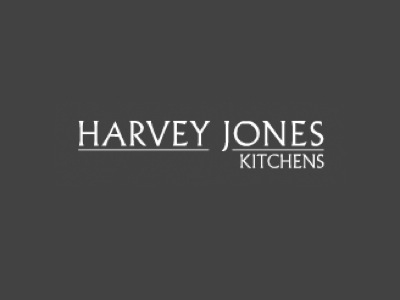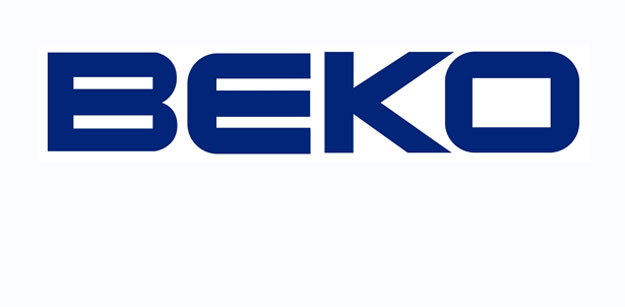The Silestone Institute has produced a report, entitled, “Global Kitchen: the home kitchen in the era of globalisation”, which compiles the main design and usage trends for the kitchen of the future. It will be a hyperconnected space, one for leisure, work, health and relaxation. Not only that, but it will also incorporate techniques and devices normally found in professional kitchens and will have smart appliances.
The kitchen, besides cementing its role as nerve centre of the home, is destined to become a multi-functional space. In fact, even today, it is often the largest room in the house and the one that people invest more in. But, what will it look like in 25 years? Will it change colour to match our moods? Will it be a place of healing? A room for creativity, perhaps?
Cosentino, as a business leader well-versed in innovating and developing value-added surfaces for the world of architecture and design, wants to unlock the secrets of the home kitchen of the future with its project, Global Kitchen.
The experts have revealed that the kitchen will regain its traditional title as centre of the home, a title that it has been slowly stripped of over the decades as a result of the needs of the growing middle class (keeping odours away from the rest of the house, access to heating in all rooms, etc.) and modern lifestyles.
Moreover, it has become a space of relaxation and family leisure, even a place of work; as a result it is being integrated increasingly with the rest of the home. It is a multi-functional space and is expected to disappear as an independent room. Its design will not only take aesthetics and function into account but also emotional value, and it will strengthen its use as a space for relaxation and well-being.
The kitchen is going to see a technological boom as well. Connectivity and smart appliances will not only make shopping, cooking and laundry easier, but also the relationship with our surroundings, enabling us to use the worktop to cook or make calls, or even watch TV. This will, therefore, professionalise the home kitchen, either through greater access to equipment, that until now has only been available in the catering sector, or by expanding knowledge and the growing interest in food, nutrition and foodie culture.
When it comes to designing a kitchen the efficiency and energy-efficiency, flexibility and sustainability of the materials will all be taken into account, without threatening their durability, safety and hygiene. In this sense, worktops will be multifunctional and it will be possible for us to cook directly on the surface, without the need for a specific panel.
For all of these reasons and more in 25 years the kitchen will be a social, health-focused space(spurred on by the spread of healthier cooking methods, home-grown or zero-mile produce), a place for connecting with others in the home (socialising, working, etc.) and with your surroundings (online shopping, interacting with the outside world, etc.). The kitchen’s transversal transformation will require input from professionals from design, architecture and interior design. As well as from sociologists, nutritionists and specialists in the environment and energy efficiency.
The aim of this project is to promote an interdisciplinary, thinking space for analysing the effect of globalisation on the kitchen and identifying how this space will evolve in the next 25 years, with the ultimate goal of spreading this knowledge to the kitchen industry and society in general.
Forecasting and sales experts’ opinions on home kitchens:
842 kitchen and bath studio professionals from eight countries took part in a survey which (Australia, Brazil, Spain, United States, Italy, Portugal, United Kingdom and Sweden) supplements the Global Kitchen report. The report assesses the evolution of kitchen space in terms of use, design and equipment taking into account the respondents’ proximity and direct contact with the end user, as well as their experience and knowledge of the sector.
87% said that the kitchen would become more relevant as an activity and meeting place in the house. In fact, 81.5% think that it will be a single space with a dining room and living room; and according to 92.3% it will be used to get together with family, to work and do homework (60.9%) or surf the internet (62.4%).
The kitchen’s connection to the internet and devices (tablets, mobiles, computer, wearables...) and to smart appliances stands out as one of the major technological developments in the medium- to short-term, ahead of sustainable solutions in water and energy conservation and waste management. However, there are differences among countries when it comes to choosing the latest development. While Australia and Brazil agree that new cooking methods are the most important, Italy and the UK prefer smart appliances. In contrast, Spain and the US value connectivity above all.
The worktops of the future will allow us to cook directly on their surfaces, and will incorporate connectivity and serve as a control panel. These worktops will also manage tasks like weighing and calculating the nutritional value of foodstuffs, absorbing liquids and cleaning.
The Silestone Institute is a platform for international research, supported by the Cosentino Group to disseminate information about cooking.
The Silestone Institute is an international platform dedicated to the study and dissemination of knowledge about the kitchen space as social and working environment.
One of its main areas of activity is the study and awareness of hygiene in the kitchen, both in public and private spaces in order to promote a healthy lifestyle.
The information disclosed by the Silestone Institute is supported by its Advisory Board, composed of experts in different areas such as food security, professional kitchen, scientific communication, cleaning products, architecture and design, hotel and catering, who put their knowledge available to consumers, professionals and society in general.
- Ethics: We encourage the development of a modern, advanced society without undermining fundamental ethical values.
- Non-profit: We operate on a non-profit basis and independently from institutions and agencies.
- Environmental Commitment: “Environment” and “sustainability” are key concepts in our efforts to promote the enhancement of comfort through innovation.
- Plurality of Views: We offer a meeting place for all opinions, to encourage reflection, debate, training and dissemination of knowledge.
- Accountability: We reinforce the sense of responsibility, both individually and collectively, to bear in mind that health and welfare depend on us all.
- Rigor: Our research is always conducted with the highest scientific and legal standards.
- Excellence: Our aim is to work with the utmost stringent and entrepreneurial spirit, responsive to society’s feedback to achieve excellence.





